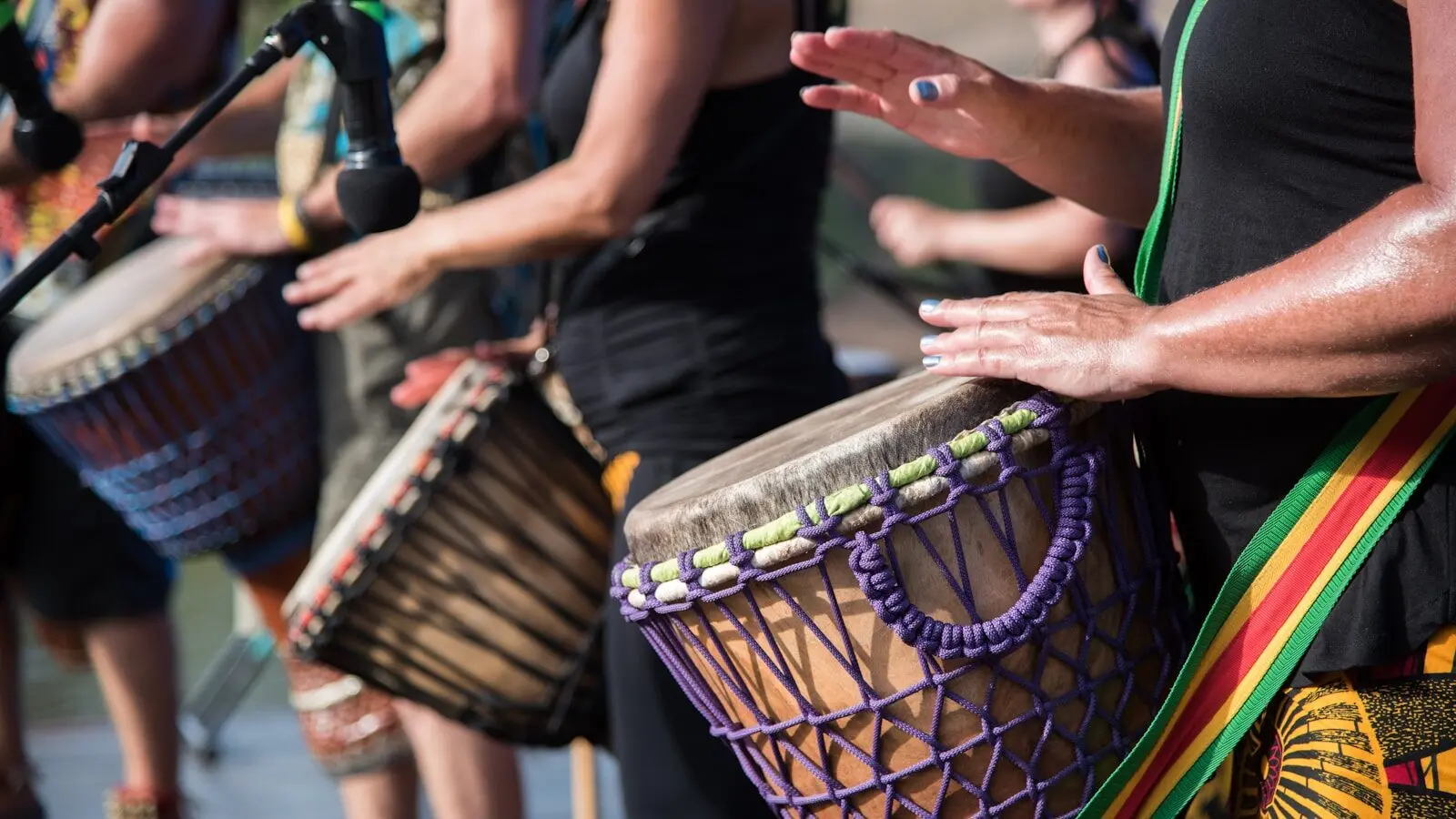Delivery is all about rhythm. Stand-ups, planning sessions, sprint reviews – these touchpoints pulse through our weeks, shaping how we work, communicate, and connect. But rhythms can either energise or exhaust. They can invite inclusion – or quietly exclude.
Intentional team rhythms are the delivery lead’s not-so-secret superpower. When designed with care, they foster trust, wellbeing, and equity. When left to default settings, they reinforce silence, burnout, and disconnect.
So here’s the question: Are your delivery rhythms helping your team thrive – or just survive?
Rhythm as Culture in Action
How we structure time sends powerful messages:
- Daily check-ins say “I value visibility.”
- Async collaboration says “I respect your flexibility.”
- Practices that protect deep focus say “I trust your autonomy.”
But unexamined rhythms can create invisible pressure. The 15-minute stand-up might work for some – but for others, it’s a daily performance review in disguise.
Principles of Inclusive Team Rhythms
To build rhythms that empower, rather than exhaust, try these guiding principles:
Design for Sustainability
- Avoid glorifying urgency or “just-in-time” delivery
- Bake in buffer time for uncertainty, repair, and learning
- Protect capacity by resisting overcommitment
Embrace Flexibility
- Use asynchronous tools where possible (Teams, whiteboards, emails)
- Respect differing energy patterns – some think fast, others deep
- Allow opt-outs from meetings where presence isn’t essential
Honour Cognitive Diversity
- Vary meeting formats (visual, verbal, quiet reflection)
- Share agendas in advance to support neurodiverse processing
- Create “quiet weeks” or “no-meeting days” to protect focus
Make Space for Voice
- Rotate facilitators to decentralise influence
- Use prompts to encourage reflection and disagreement
- Check in regularly – not just on tasks, but on team health
Review & Refine Continuously
Intentional rhythms aren’t set-and-forget. They grow with your team. Try:
- Regular rhythm retros: “What’s working, what’s draining?”
- Personal rhythm maps: “When do you feel most energised?”
- Ritual experiments: Try new formats for 2 sprints, then reflect
Delivery Lead Reflection
Ask yourself:
- Which practices feel inclusive – and which feel obligatory?
- Are we using time to honour people, or just to move work?
- What rhythm change could unlock more safety or creativity?
Lead with rhythm that supports people – not just processes.
The Invitation
Don’t just follow the beat. Shape it. With intention, empathy, and curiosity, delivery leaders can turn time into a tool of inclusion.
So, what will you redesign this week?

